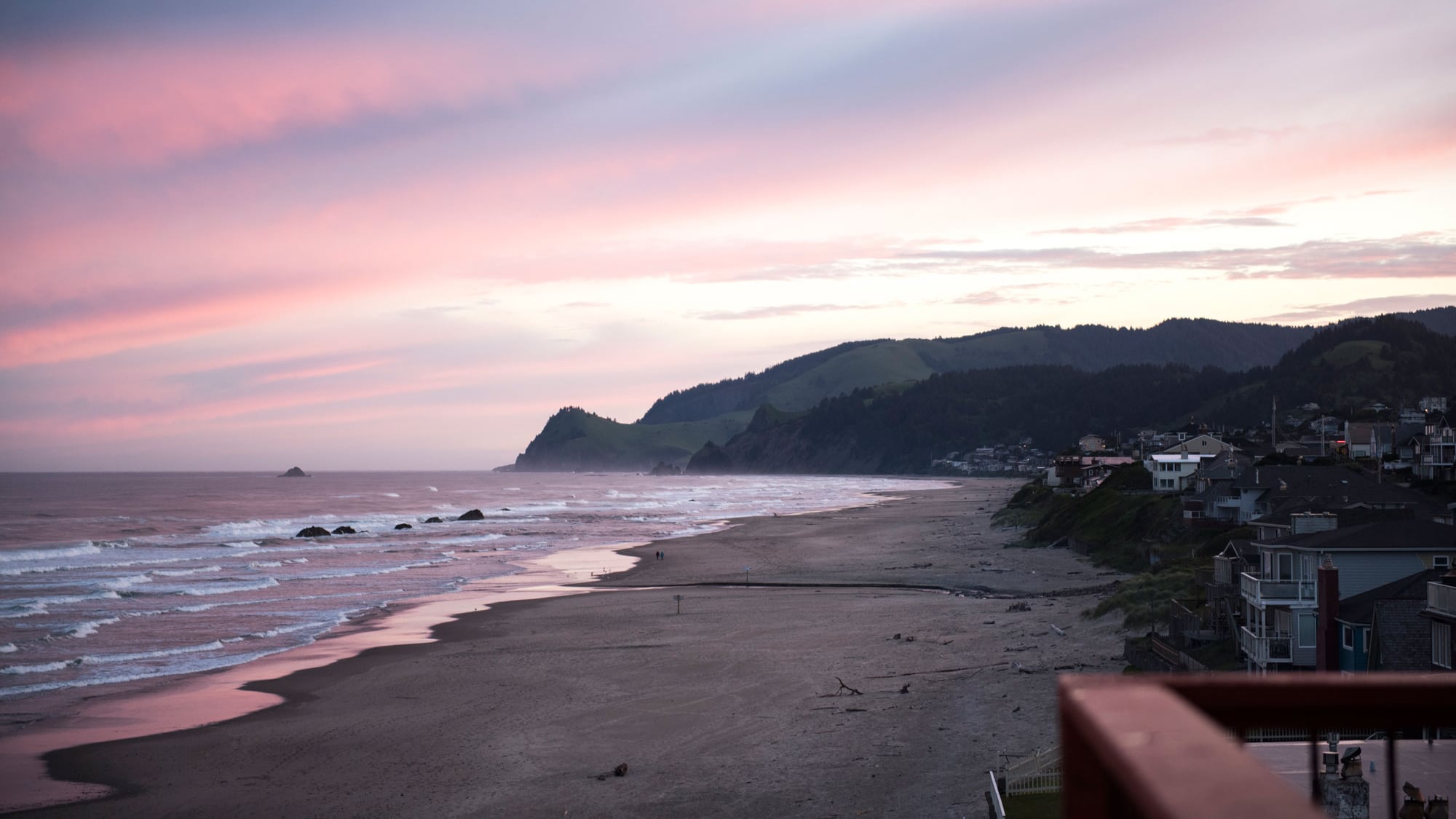BILL OF THE WEEK: House Bill 3382
Commercial ports from Astoria to Coos Bay line the Oregon Coast. Despite those ports and its beauty, the coast remains economically depressed, with family-wage jobs scarce outside government or health care.
Coastal lawmakers from both parties want to make it easier for the ports to realize their economic potential by dredging navigation channels in the Pacific Ocean, while environmentalists fear doing so would endanger delicate habitat. Because the bill enjoys bipartisan support and would theoretically boost coastal fortunes, it’s got more of a chance than most bills environmentalists despise. It also comes as lawmakers have already voted to loosen Oregon’s hallowed land use laws to attract semiconductor investment.
CHIEF SPONSORS: State Sen. David Brock Smith (R-Port Orford) and state Reps. David Gomberg (D-Otis) and Cyrus Javadi (R-Tillamook)
WHAT IT WOULD DO: Authorize deep water ports at Astoria, Astoria, Coos Bay, Newport, Portland and St. Helens “to construct, maintain and improve deep draft navigation channel improvements without demonstrating compliance with state or local land use law.”
PROBLEM IT SEEKS TO SOLVE: Tides, weather and rivers periodically deposit silt and sand in the navigation channels leading to ports. Port authorities must get state and federal permission to deepen those channels through dredging. Their supporters say Oregon land use laws slow dredging and make it more expensive. Ports in California and Washington are deeper, larger and closer to population centers than are Oregon ports, so Oregon port operators feel they begin at a disadvantage.
To compete for potentially lucrative offshore wind turbine work, to realize developers’ dreams of constructing a container port at Coos Bay, and to keep federal and state research ships based in Newport, proponents want to reduce state and local regulators’ oversight.
WHO SUPPORTS IT: The Legislature’s Coastal Caucus and the Oregon Public Ports Association. (Representatives from the Port of Portland did not testify). Supporters say that any dredging work would be done by the U.S. Army Corps of Engineers in full compliance with all applicable federal laws, so environmental fears are moot.
“We need some help in rural Oregon, especially with our ports,” Brock Smith told the Joint Transportation Committee. He noted that Coos Bay is a prime candidate for the construction of massive offshore wind turbines, which would be a huge boost to the long-depressed South Coast. “What can’t be in the way is bureaucratic red tape when we have the potential for hundreds of millions of dollars coming to the state.”
WHO OPPOSES IT: More than 50 environmental organizations across the state, which say that removing state and local protections creates an untenable threat.
“Estuaries like Coos Bay possess a wide range of resources and provide many ecological functions,” says Jan Hodder, a Coos Bay resident and emeritus faculty member at the Oregon Institute of Marine Biology in Charleston. “Estuaries are essential habitat for many species, including those depended on by the fishing and aquaculture industries. They improve water quality, buffer storms, and store carbon, helping us address climate change.”
Bob Sallinger, conservation director for Willamette Riverkeeper, who has battled the Port of Portland on dredging issues for decades, also testified against the bill. “Ports are massive landowners that have tremendous impacts on our environmental health, community safety and livability, and our economy,” Sallinger said. “The idea of broadly exempting Ports from local and state regulations is outrageous and should never have seen the light of day.”
The bill is currently in the Joint Committee on Transportation and is being amended.

